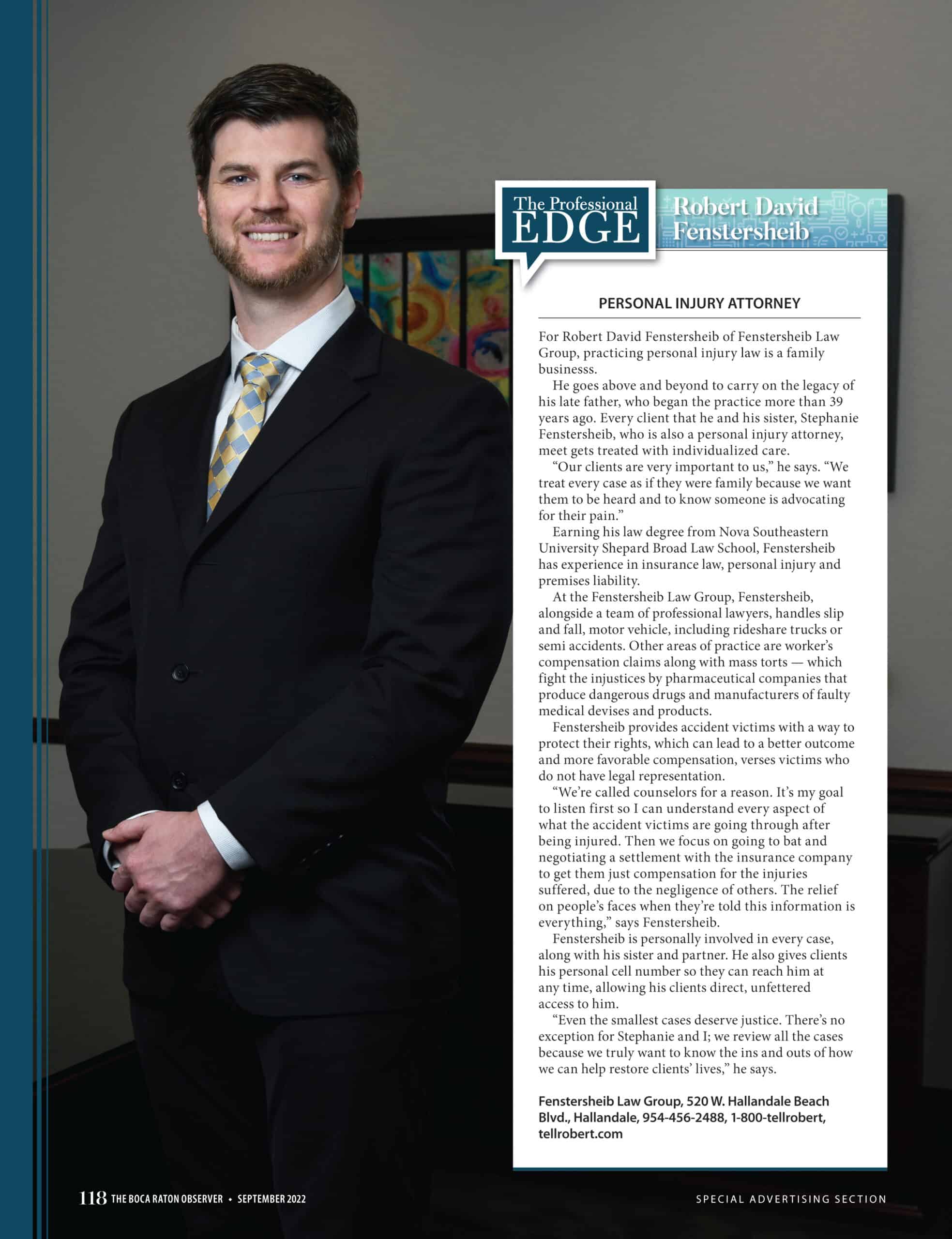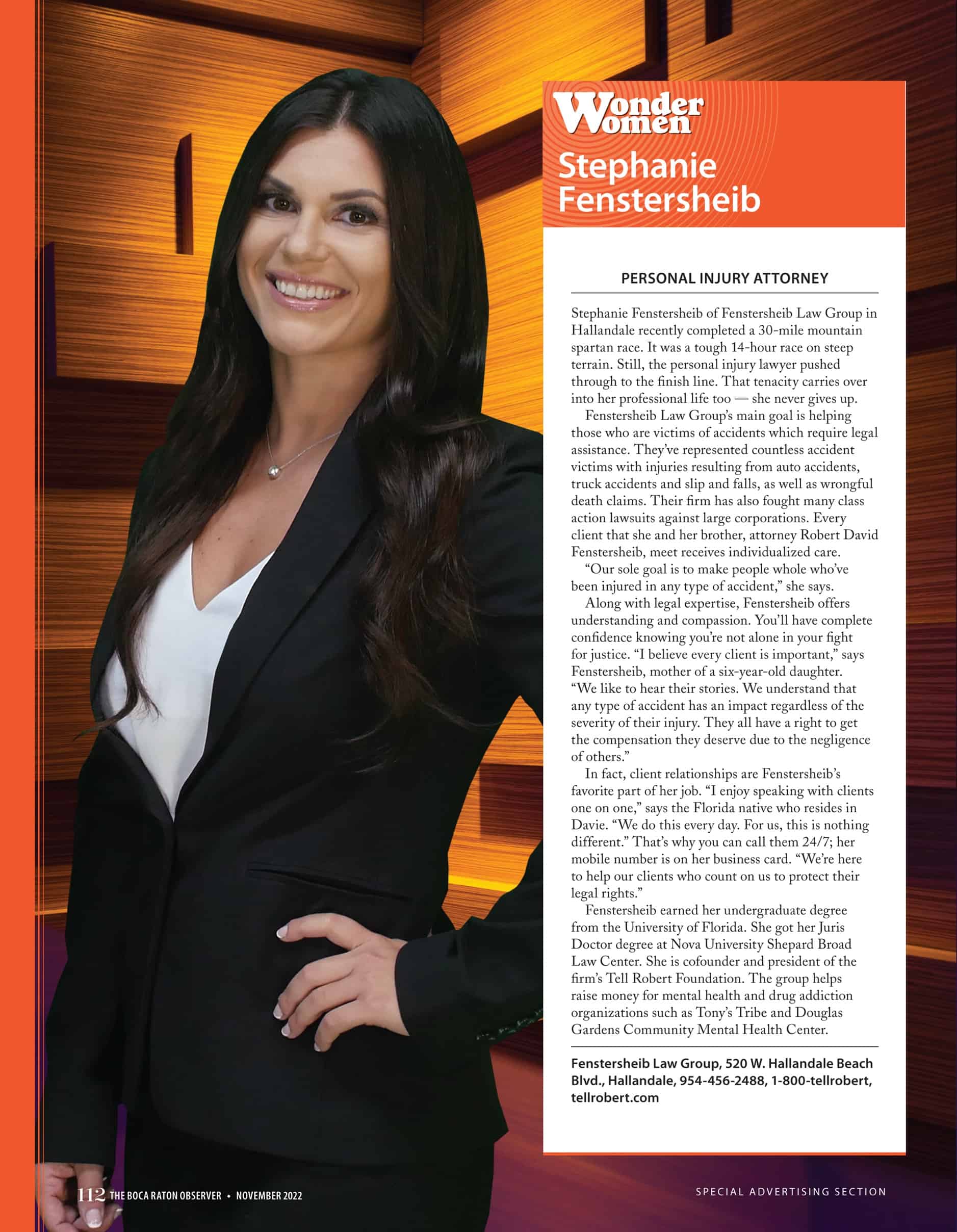
If you’ve lost a loved one in a rideshare accident, it can be difficult to know how to move forward – especially when you’re facing emotional pain and immense financial burdens.
These circumstances force you to ask questions you likely never dreamed of: Who is responsible for the accident? Can the rideshare driver or company be held liable? What do Florida laws say about wrongful death in these cases?
You shouldn’t go through this alone. This article provides grieving families with a roadmap on how to navigate Florida’s wrongful death process in the context of rideshare accidents – and how to secure the support needed to succeed…
A Look At Wrongful Death Claims In Florida
Wrongful death claims are civil suits that occur whenever a death is caused by negligence, recklessness, or intentional acts of another party. The Florida Wrongful Death Act governs these types of legal claims with the goal of providing compensation to the decedent’s survivors for the losses suffered due to the untimely death.
In the context of rideshare incidents, wrongful death claims may arise as the result of:
- Negligent driving practices on behalf of the rideshare driver
- Another motorist causing a crash
- Improper training, hiring or supervision by the rideshare company
- Faulty vehicle components or maintenance
Who Is Eligible To File A Wrongful Death Claim?
According to Florida law, the only individuals who are able to file wrongful death lawsuits are the personal representatives of the deceased person’s estate. Such people may be named in the will or are court-appointed.
While the representative must file the claim, the legal action itself is usually brought on behalf of surviving family members, including:
- The surviving spouse
- Children
- Parents of the victim
- Other blood relatives or adoptive siblings who were financially impacted by the wrongful death incident
Damages for these people include lost companionship, mental pain and suffering, medical and funeral expenses, lost support and services, and the value of potential future earnings.
Rideshare Accidents: How They Impact Wrongful Death Cases
Companies like Uber and Lyft add a layer of complexity to conventional car accident claims. Unlike traditional taxi services, rideshare drivers are considered independent contractors rather than employees. This is a crucial distinction to make because it can limit the rideshare company’s liability depending on the details of the accident.
Liability can be established by determining what the driver was doing at the time of the crash:
- App Off: If the driver wasn’t logged into the app, their personal insurance will likely be the only available coverage.
- App On, Waiting for a Ride: For drivers who were logged on without formally accepting the ride, Uber and Lyft will usually provide limited liability coverage (up to $50,000 per person, $100,000 per accident, and $25,000 for property damage).
- In Route to the Pickup Point or With a Passenger: If the driver was on the way to pick up a passenger or already had an active ride going, the company’s commercial liability policy applies. For apps like Uber and Lyft, there is a $1 million coverage for these situations.
By understanding the driver’s status at the time of the accident, it will become clear which insurance policy is paying and how much coverage is available.
How To Prove Liability In Rideshare Wrongful Death Claims
The plaintiff must prove negligence in order to succeed in a wrongful death claim. This demonstrates that the responsible party failed to exercise reasonable care, which directly led to the fatal accidents. Common causes of casualty-involved car crashes include:
- Impaired or distracted driving
- Speeding or distracted vehicle operation
- Traffic law violations
- Defective car parts or improper maintenance
Liabilities may extend beyond individual drivers in rideshare cases. For instance, if Uber failed to conduct a background check or ignored complaints about one of their drivers, they may share responsibility.
Skilled attorneys are able to conduct thorough investigations to gain insight into each individual case. This requires the gathering of key evidence, such as app data, traffic camera footage, and black box records, and potentially working with accident reconstruction experts.
What Damages Can Be Recovered?
Florida laws allow surviving family members and the decedent’s estate to recover both economic and non-economic damages, such as:
Surviving Family Members:
- Loss of companionship (for spouses)
- Mental pain and suffering
- Loss of parental guidance, instruction, and companionship (for children)
- Loss of financial support and other services the deceased previously provided
The Estate:
- Lost earnings from the time of injury to death
- Funeral and medical expenses
- Future lost earnings
In some cases where gross negligence or intentional misconduct occurred, punitive damages may also be given to punish the at-fault party and deter others from participating in similar behavior.
Florida’s Statute Of Limitations For Wrongful Death Claims
There is a strict two-year statute of limitations for wrongful death claims in Florida. This means plaintiffs must file a lawsuit within two years from the date of their loved one’s death. If the deadline is missed, this could permanently bar a person’s right to recover damages.
Given the intricacies of wrongful death cases caused by rideshares, it is vital to consult with an adept lawyer as early as possible to ensure all deadlines are met and everyone’s rights are protected.
The Legal Process: What To Expect
Wrongful death claims are both legally and emotionally demanding. Families can expect to begin with an initial consultation, where an attorney is able to review the case and explain all potential legal options.
If there is a claim to pursue, the lawyer will begin to collect police reports, witness statements, rideshare app data, insurance records, and other important evidence that proves fault and determines coverage.
Legal representatives often negotiate with insurance companies on behalf of their clients to secure a fair settlement. During this period, patience and experience are crucial, given the fact that these companies will do their best to underpay the plaintiff.
If an agreeable settlement can’t be reached, litigation may be necessary for just compensation. This usually involves a discovery process, depositions, and even a trial. While a long time period to commit to, litigation is a necessary step to make if insurance companies are being stubborn and uncooperative.
Families Shouldn’t Navigate These Matters Alone
No one should ever have to endure the tragedy of losing a loved one in a rideshare accident. However, if these unfortunate circumstances do transpire, families deserve justice, accountability, and clarity. Florida law provides victims of loss with a path that holds negligent parties responsible – a way forward that should be guided by a qualified legal professional.
Don’t deal with the aftermath of a fatal rideshare crash alone. Speak with a Florida wrongful death attorney who is familiar with these matters and is ready to fight for the closure and restitution your family deserves.
Fenstersheib Law Group, P.A. Manages Wrongful Death Cases Across Florida
Our firm is prepared to fight for you. We represent claims all around the state of Florida, with our main office in Hallandale Beach and additional offices conveniently located in Hollywood, Miramar, Fort Lauderdale, West Palm Beach, Orlando, Sarasota, Tampa, and Jacksonville that are available by appointment only.
To schedule a free consultation with a member of our team, call 833-TellFLG today!




